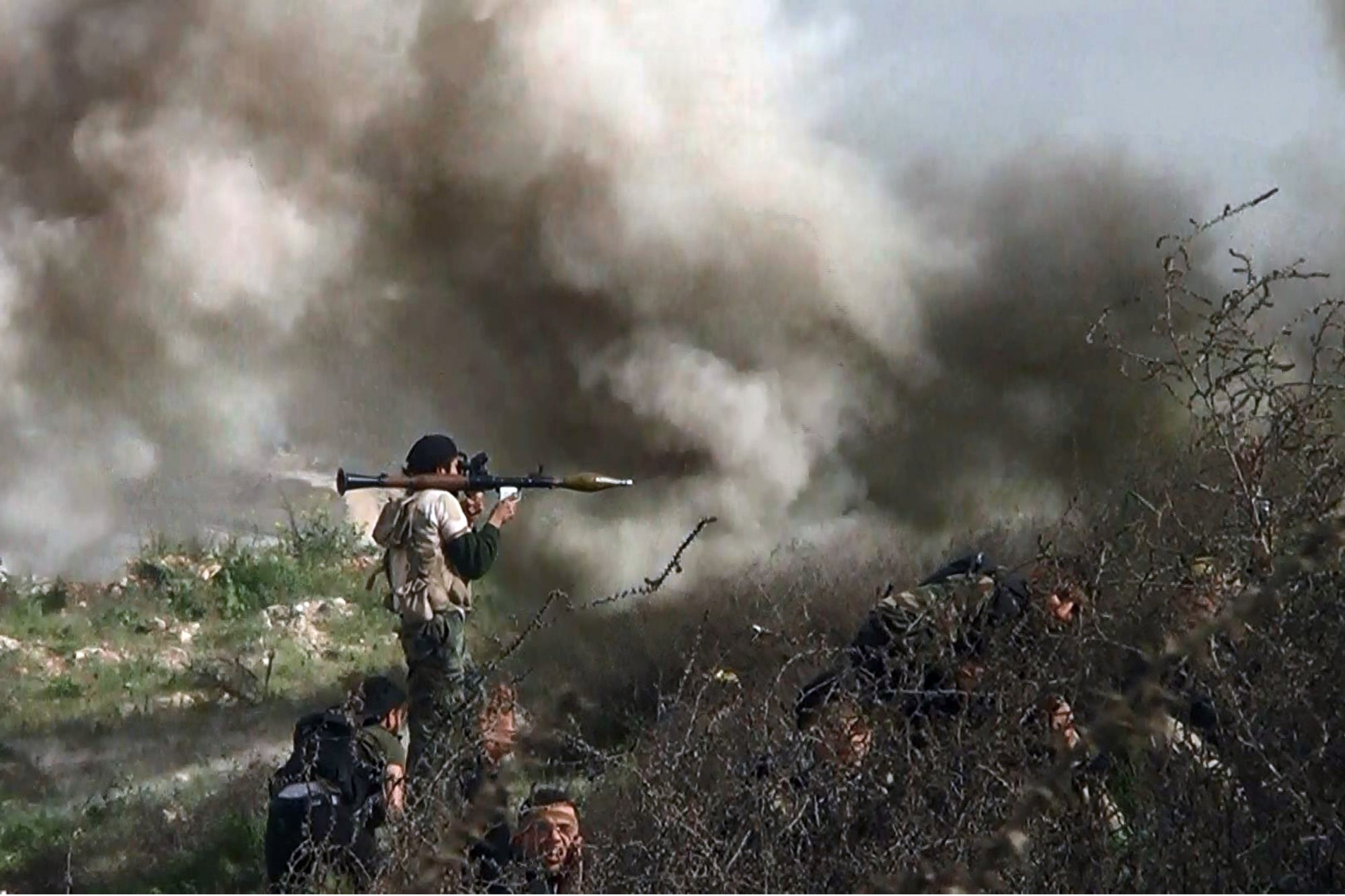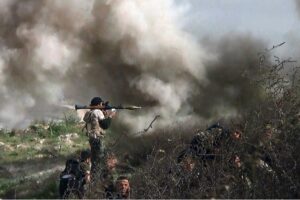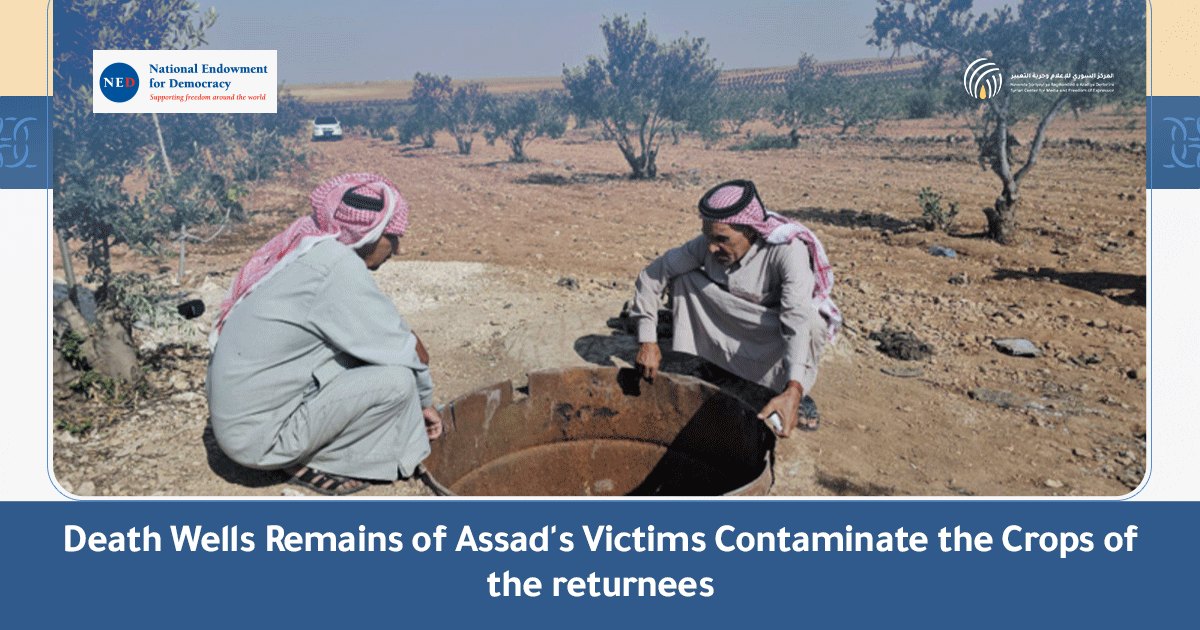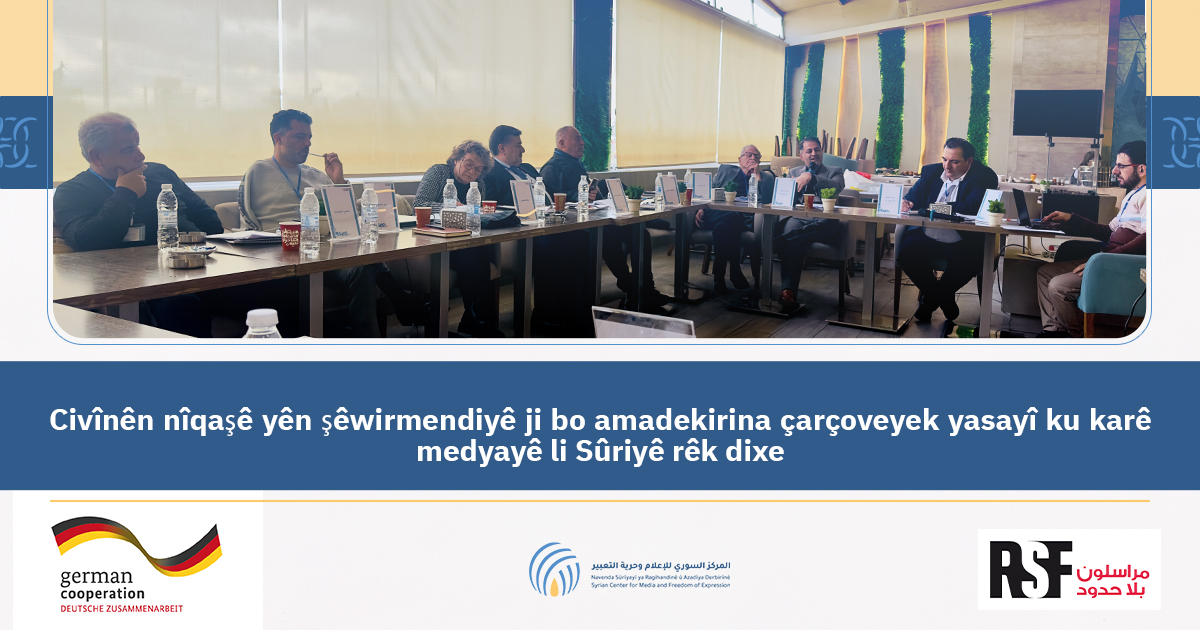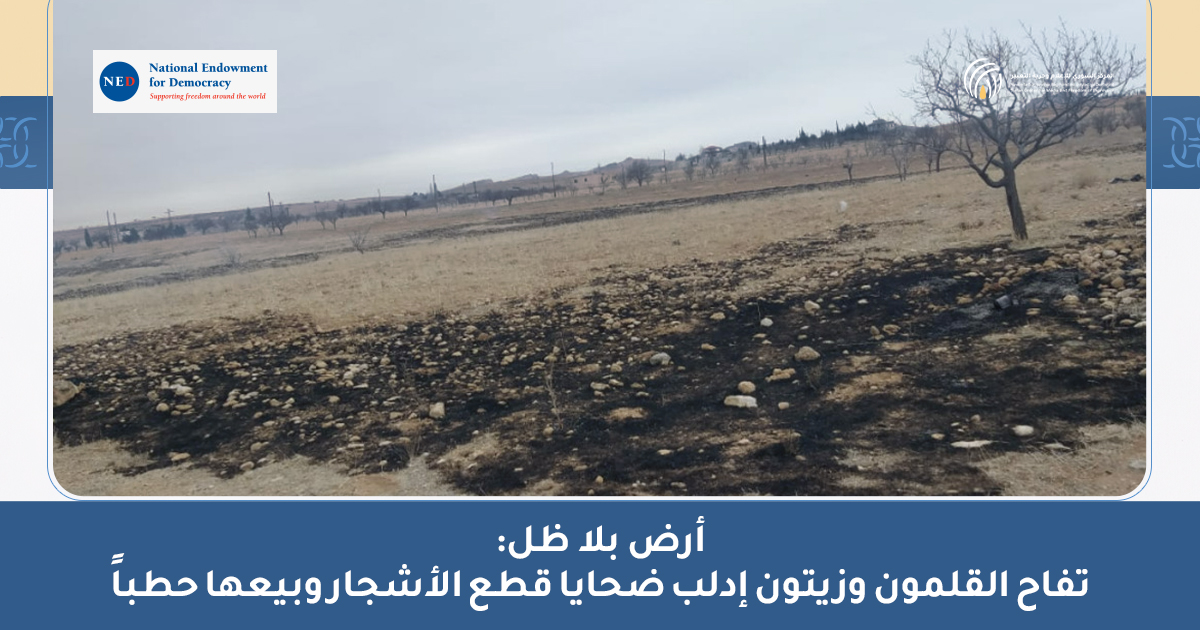On 5 November 2001, the UN General Assembly declared 6 November of each year as the International Day for Preventing the Exploitation of the Environment in War and Armed Conflict (A/RES/56/4).
Though mankind has always counted its war casualties in terms of dead and wounded soldiers and civilians, destroyed cities and livelihoods, the environment has often remained the unpublicized victim of war.Water wells have been polluted, crops torched, forests cut down, soils poisoned, and animals killed to gain military advantage.
Furthermore, the United Nations Environment Programme (UNEP) has found that over the last 60 years, at least 40 percent of all internal conflicts have been linked to the exploitation of natural resources, whether high-value resources such as timber, diamonds, gold and oil, or scarce resources such as fertile land and water. Conflicts involving natural resources have also been found to be twice as likely to relapse.
The United Nations attaches great importance to ensuring that action on the environment is part of conflict prevention, peacekeeping and peacebuilding strategies – because there can be no durable peace if the natural resources that sustain livelihoods and ecosystems are destroyed.
On 27 May 2016, the United Nations Environment Assembly adopted resolution UNEP/EA.2/Res.15, which recognized the role of healthy ecosystems and sustainably managed resources in reducing the risk of armed conflict, and reaffirmed its strong commitment to the full implementation of the Sustainable Development Goals listed in General Assembly resolution 70/1, entitled “Transforming our world: the 2030 Agenda for Sustainable Development”.
EU-UN Partnership on Land and Natural Resource Conflicts
Six United Nations agencies and departments (UNEP, UNDP, UNHABITAT, PBSO, DPA and DESA), coordinated by the UN Framework Team for Preventive Action, have partnered with the European Union (EU) to help countries identify, prevent and transform tensions over natural resource as part of conflict prevention and peacebuilding programmes.
Global Research Programme on Post-Conflict Peacebuilding and Natural Resources
The Environmental Law Institute (ELI), United Nations Environment Programme (UNEP), and the Universities of Tokyo and McGill initiated a global research programme to collect lessons learned and good practices on managing natural resources during post-conflict peacebuilding. This four-year research project has yielded more than 150 peer-reviewed case studies by over 230 scholars, practitioners and decision-makers from 55 countries. This represents the most significant collection to date of experiences, analyses and lessons in managing natural resources to support post-conflict peacebuilding.
UN Partnership on Women and Natural Resources in Peacebuilding Settings
The United Nations Environment Programme (UNEP), the United Nations Entity for Gender Equity and the Empowerment of Women (UN Women), the United Nations Development Programme (UNDP) and the United Nations Peacebuilding Support Office (PBSO) have established a partnership to collaborate on improving the understanding of the complex relationship between women and natural resources in conflict-affected settings, and make the case for pursuing gender equality, women’s empowerment and sustainable natural resource management together in support of peacebuilding. The first outcome of the collaboration is a joint policy report released on 6 November 2013.
Documents
UN General Assembly resolution – and statements made during its introduction
- Resolution A/RES/56/4
 declaring 6 November the International Day for Preventing the Exploitation of the Environment in War and Armed Conflict
declaring 6 November the International Day for Preventing the Exploitation of the Environment in War and Armed Conflict - Statements made by members of the UN General Assembly during the introduction of the draft resolution (A/56/L.8) on the Observance of the International Day for Preventing the Exploitation of the Environment in War and Armed Conflict (A/56/PV.37, pp. 21-26)

Policy Reports
- Women and Natural Resources: Unlocking the Peacebuilding Potential

- Greening the Blue Helmets
 (Executive Summary
(Executive Summary )
) - Protecting the Environment During Armed Conflict: An Inventory and Analysis of International Law

- From Conflict to Peacebuilding: The Role of Natural Resources and the Environment

Policy Briefs
- High-Value Natural Resources and Post-Conflict Peacebuilding

- Assessing and Restoring Natural Resources in Post-Conflict Peacebuilding

- Land and Post-Conflict Peacebuilding

- Water and Post-Conflict Peacebuilding

- Natural Resource Programming in Post-Conflict Situations

Guidance Notes
- Natural resource management in transition settings – UNDG/ ECHA Guidance Note: This guidance note aims to help UN Country teams and UN Missions understand the negative and positive roles that natural resources can play in peace consolidation. It provides practical guidance to assist in thinking through how natural resource management principles and practices can feed into transitional analysis and planning frameworks.
- The EU-UN partnership on Land and Natural Resource Conflicts has developed a number of practical guidance notes and training materials on land and conflict, extractives and conflict, renewable resources and conflict, capacity-building for natural resource management and conflict prevention in resource-rich economies.
Technical Reports/Assessments
- Relationships and Resources: Environmental governance for peacebuilding and resilient livelihoods in Sudan

- Taking Root: The cash crop trade in Darfur

- Local Level Agreements in Darfur: A review with reference to access and management of natural resources

- Haiti – Dominican Republic: Environmental Challenges in the Border Zone

- On the Hoof – Livestock Trade in Darfur

- Livelihood Security: Climate Change, Migration and Conflict in the Sahel
 (Executive Summary
(Executive Summary )
) - Environmental Assessment of Ogoniland
- Post-Conflict Environmental Assessment of the Democratic Republic of Congo

- Sierra Leone: Environment, Conflict and Peacebuilding Analysis

- Assessment of Energy, Water and Waste Reduction Options for the Proposed AMISOM HQ Camp in Mogadishu, Somalia and the Support Base in Mombasa, Kenya
UN Resolutions and Declarations
- Protection of the environment in areas affected by armed conflict (UNEP/EA.2/Res.15)UN Resolution on Environmental Sustainability in Mali Peacekeeping Operations [S/RES/2100 (2013)]
- Environment and Security: a Global Agenda for UNEP [UNEP/GC.23/INF/21]

Books and Case Studies
UN System
- UNEP Disasters and Conflicts Programme
- Joint UNEP/OCHA Environment Unit (JEU)
- Environment and Security Initiative (ENVSEC)
- UN Development Programme (UNDP)
- UN Entity for Gender Equality and the Empowerment of Women (UN Women)
- UN International Law Commission: Protection of the environment in relation to armed conflicts
Source: UN
